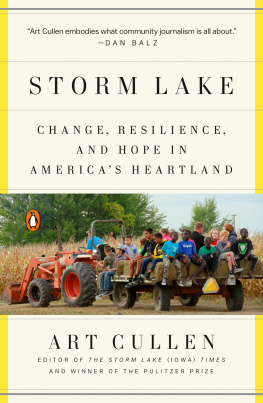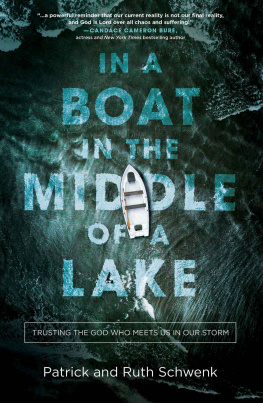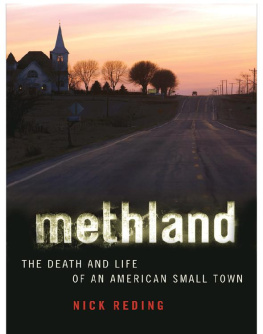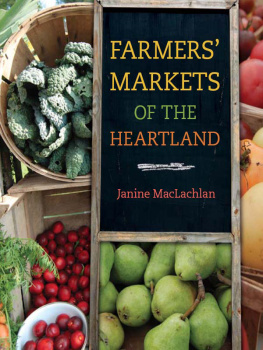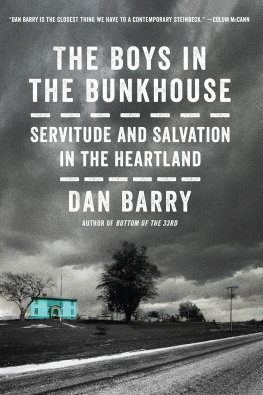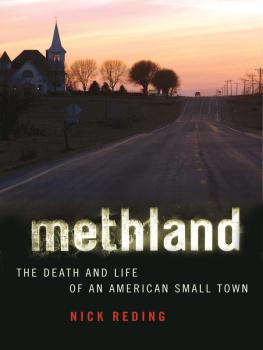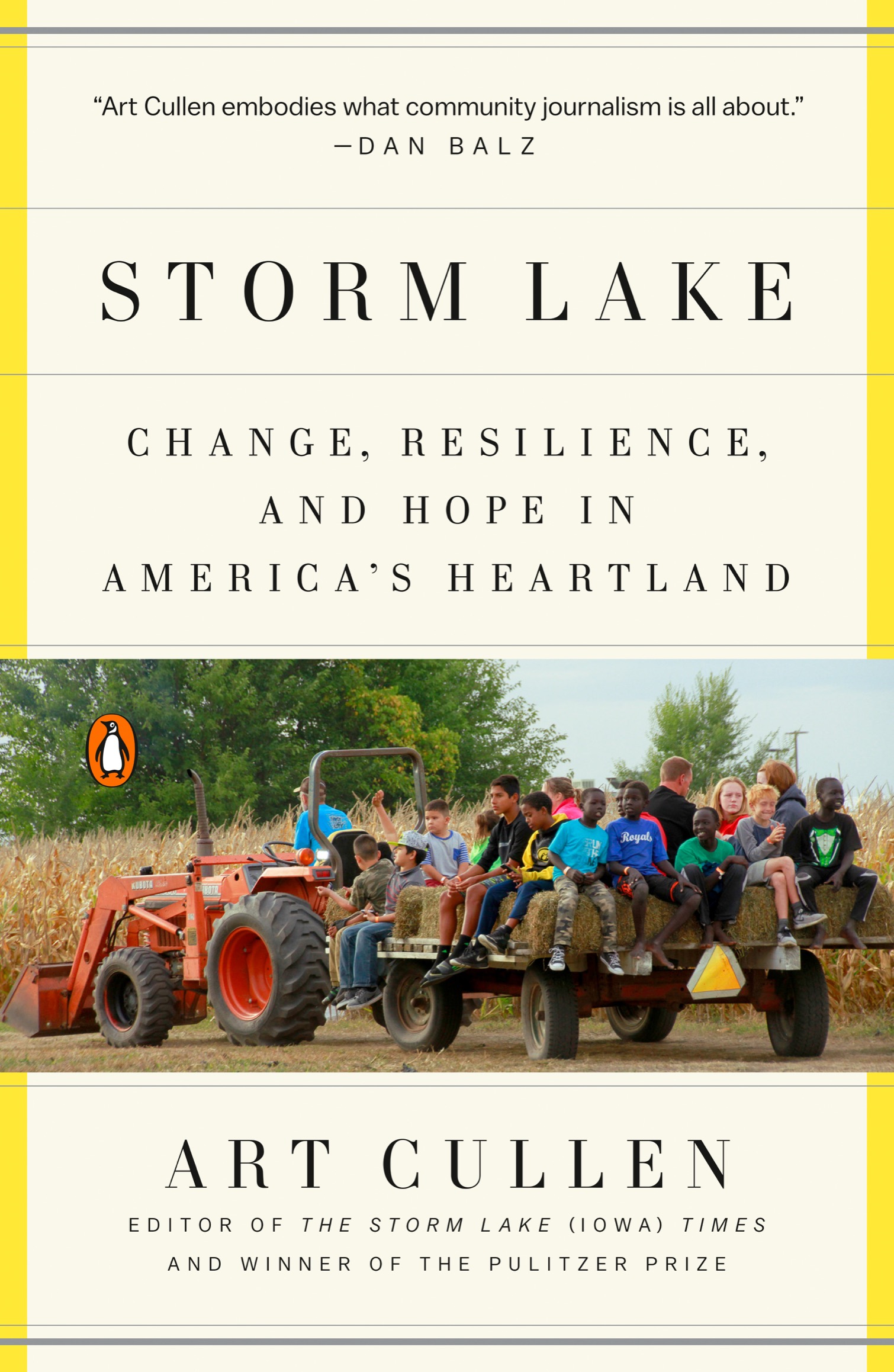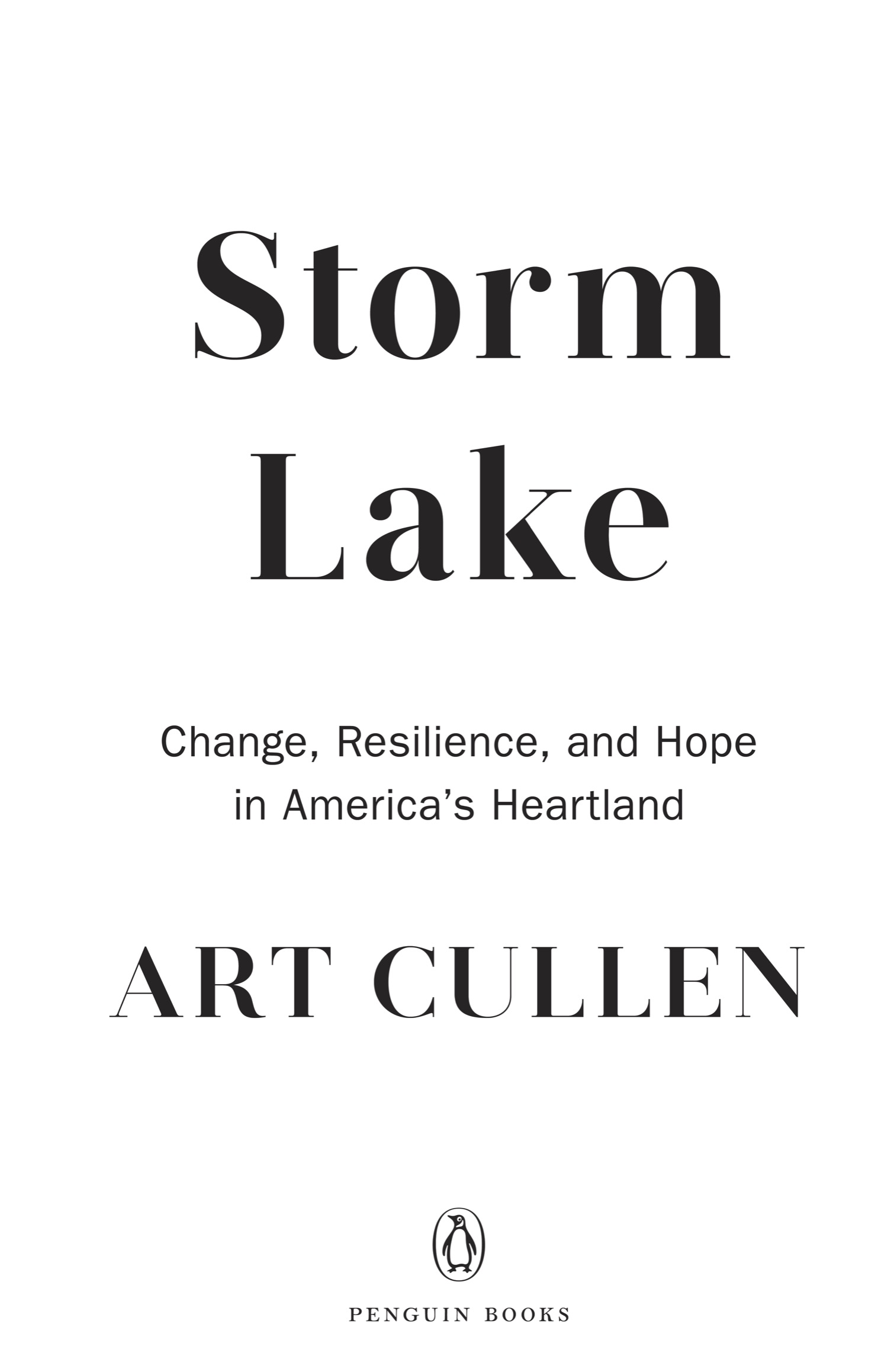PENGUIN BOOKS
An imprint of Penguin Random House LLC
penguinrandomhouse.com
First published in the United States of America by Viking, an imprint of Penguin Random House LLC, 2018
Published in Penguin Books 2020
Copyright 2018 by Art Cullen
Penguin supports copyright. Copyright fuels creativity, encourages diverse voices, promotes free speech, and creates a vibrant culture. Thank you for buying an authorized edition of this book and for complying with copyright laws by not reproducing, scanning, or distributing any part of it in any form without permission. You are supporting writers and allowing Penguin to continue to publish books for every reader.
This book contains excerpts from The Storm Lake Times, and it is based on the newspapers reporting. Those excerpts are reprinted with permission of the publisher. Copyright The Storm Lake Times Company, 1990, 2005, 2016.
Excerpt from Iowa Stubborn from Meredith Willsons The Music Man, words and music by Meredith Willson. 1957 (renewed) Frank Music Corp. and Meredith Willson Music. All rights reserved. Reprinted by permission of Hal Leonard LLC.
Listen to the Wind from the Kossuth County Advance. 1984 Algona Publishing Co., Inc. Reprinted with permission of the publisher.
Map illustration by Dolores Cullen
ISBN 9780525558897 (paperback)
THE LIBRARY O F CONGRESS HAS CATAL OGED THE HARDCOVER E DITION AS FOLLOWS :
Names: Cullen, Art, author.
Title: Storm Lake : a chronicle of change, resilience, and hope from a heartland newspaper / Art Cullen.
Description: New York, New York : Viking, [2018] |
Identifiers: LCCN 2018025006 (print) | LCCN 2018034055 (ebook) | ISBN 9780525558880 (ebook) | ISBN 9780525558873 (hardcover)
Subjects: LCSH: Storm Lake TimesHistory. | American newspapersIowaStorm LakeHistory. | JournalismIowaStorm LakeHistory.
Classification: LCC PN4899.S76 (ebook) | LCC PN4899.S76 C85 2018 (print) |
DDC 071.77/18dc23
LC record available at https://lccn.loc.gov/2018025006
Cover photograph: Dolores Cullen
Cover design: Jason Ramirez
btb_ppg_c0_r1
This book is dedicated to the memory of my friend Jim Benson, Poland Township, Iowa, farmer (February 20, 1947December 10, 2017). Jim died of complications from ALS (Lou Gehrigs disease). His sage advice: Keep er between the ditches, Art!
Contents
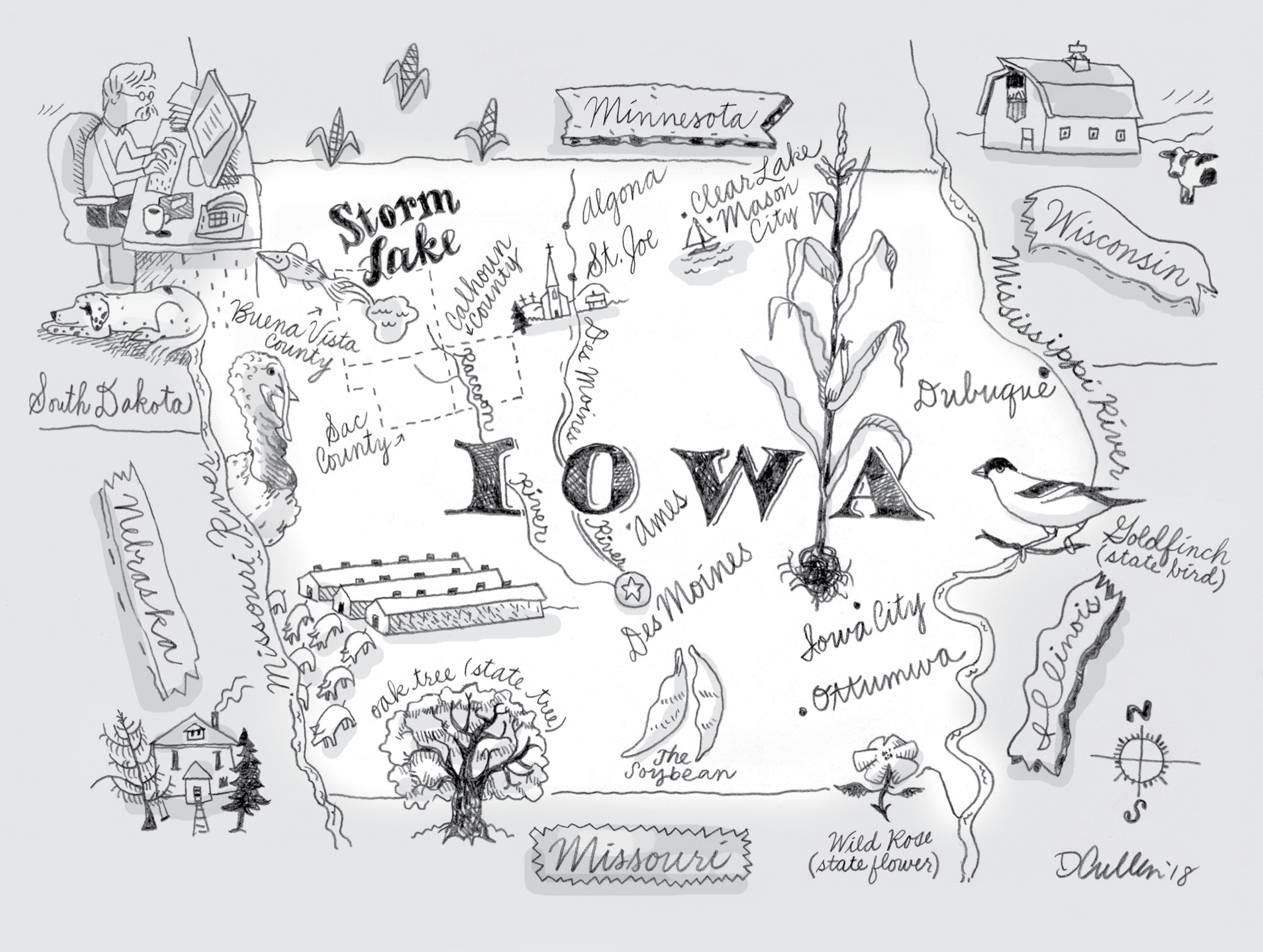
Authors Note
Never did I seriously think of writing a book. Editing a country twice-a-week newspaper in my hometown of Storm Lake, Iowa, was plenty for me. But about a week after I won the Pulitzer Prize for editorial writing in April 2017, a couple of New York publishers asked me on the same day if I would like to write a book. I laughed at the first caller and took the second more seriously but still thought it ludicrous. I could not write much more than seven hundred words at a time. But a third and most important publisher, my big brother John of The Storm Lake Times, told me to call them back. I always listen to John.
We struck up a conversation with editor Wendy Wolf at Viking. I suggested a series of essays and personality sketches that would paint a picture of how rural Iowa had morphed since my career humbly launched thirty-eight years ago in Algona, Iowa. She wanted to know more about the family story, of how the second smallest newspaper (we think) in the Pulitzers 101-year history won for taking on corporate agriculture over pollution and local government secrecy.
So it became the story of a hometown newspaper founded in 1990 by John in a tempest, joined by his little brother as editor, and how we interpret this place on the broken prairie with a pretty (but polluted) lake. A patchwork expanse of corn and soybeans, peppered by industrial-scale hog and poultry confinement buildings, surrounds us while the steady slice of the meatpackers cleaver occupies us. People stream in from around the globe, from Cuba to Myanmar, speaking thirty languages, searching for the first rung on the American ladder to a dream. While much of rural Iowa is emptying out of people and aspirations, our little town is revitalized by immigrants to whom we introduce you. Some of us blame the newcomers for problems as old as the railroad, and succor it with a brand of radical politics steeped in resentment that finds voice in Donald Trump and our congressman Steve King.
The story goes back to Algona in a 1980s rural depression that saw farmers hanging themselves in barns. Could the rural places we loved survive? It goes back to Mexico in 2005 to find Storm Lakes twin city and font of our new neighbors praying for a shot at freedom. In the people we find the spirit that draws us to them, and which eludes so many others building a political pitch on running them off.
Our story dwells mainly in the here and now of Storm Lakebuffeted by the currents of corn markets and wind and rain and political sleight of hand. We explore how we can maintain the worlds most productive agricultural complex without destroying ourselves and the people downstream. The challenge is even greater with climate change bearing down on Iowasand everyonesway of life. Change is underfoot against that horizon that should sustain our special little place. Thats a story of hope, which is what farming and family newspapering are all about.
My thanks to the staff of The Storm Lake Times, especially John and my wife, Dolores, for supporting me while I was off writing a book. Also, thanks to Todd Case of Iowa City, Martin Case of Minneapolis, Minnesota, and Michael Gartner of Des Moines for helping to guide me. And of course to the readers of TheStorm Lake Times for getting me this far.
CHAPTER 1
The First Question: Why?
A good reporters first task is to ask questions. Its a family habit of ours, learned early on.
My first memory is of waving good-bye to Dad on our sun-drenched lawn one Sunday morning a hundred yards north of the sparkling lake. I was two. Dad piled into a car bound for Madison, Wisconsin, where he would be a guinea pig for a potential cure for tuberculosis. The year was 1959.
Why did he leave me there? Where was he going? Would he come back?
A childhood friend of his from Whittemore, Iowa, Lloyd Roth, head of the department of pharmacology at the University of Chicago, was working on this project at the Veterans Administration hospital. Roth was also a physicist and had worked on the Manhattan Project, which developed the atomic bomb.
Dad had picked up TB during World War II while stationed in Sicily with the Army Air Corps. He was a captain in charge of a supply depot at an air base; its a wonder the planes could fly, because he didnt know a screw from a screwdriver. The disease didnt fully manifest itself until after the war. When it did, more than a decade later, our family was in quarantine in Storm Lake, Iowa, a meatpacking town of about seven thousand with a small college and, yes, a lake.
There we were, Mom alone with six kids, I the youngest.
Brother Bill let loose hamsters in the basement that spread throughout the house.
Brother Jim and I painted the basement redincluding the clothes and bedding drying in the furnace room.

